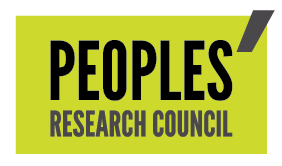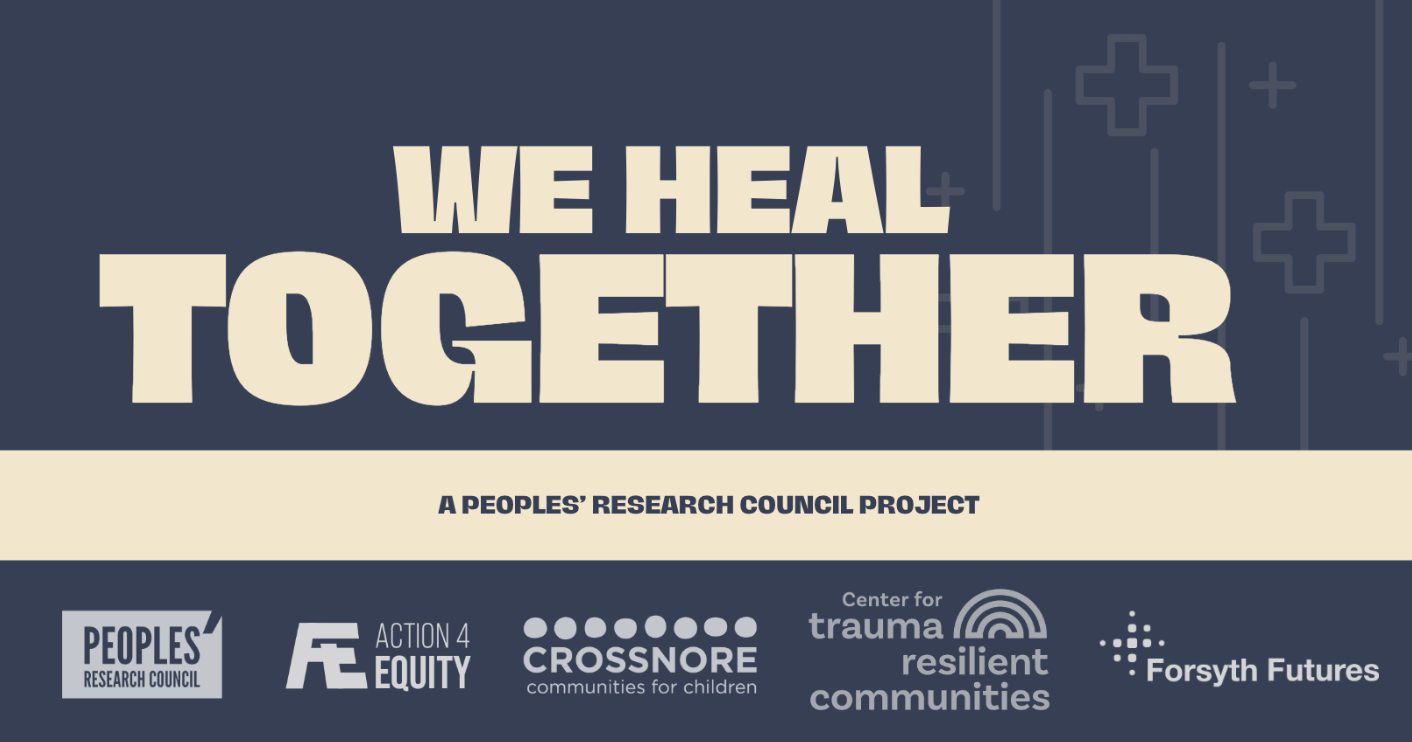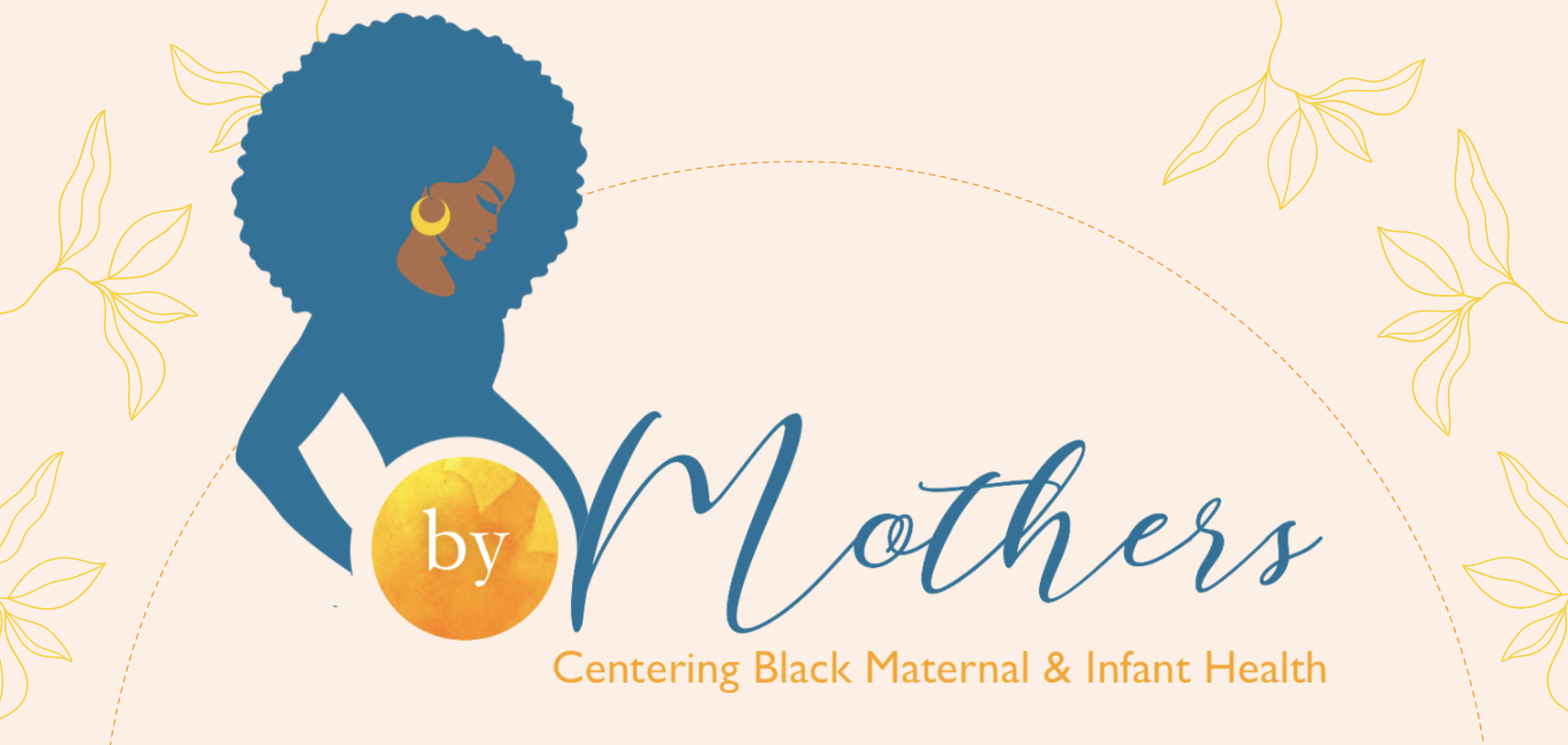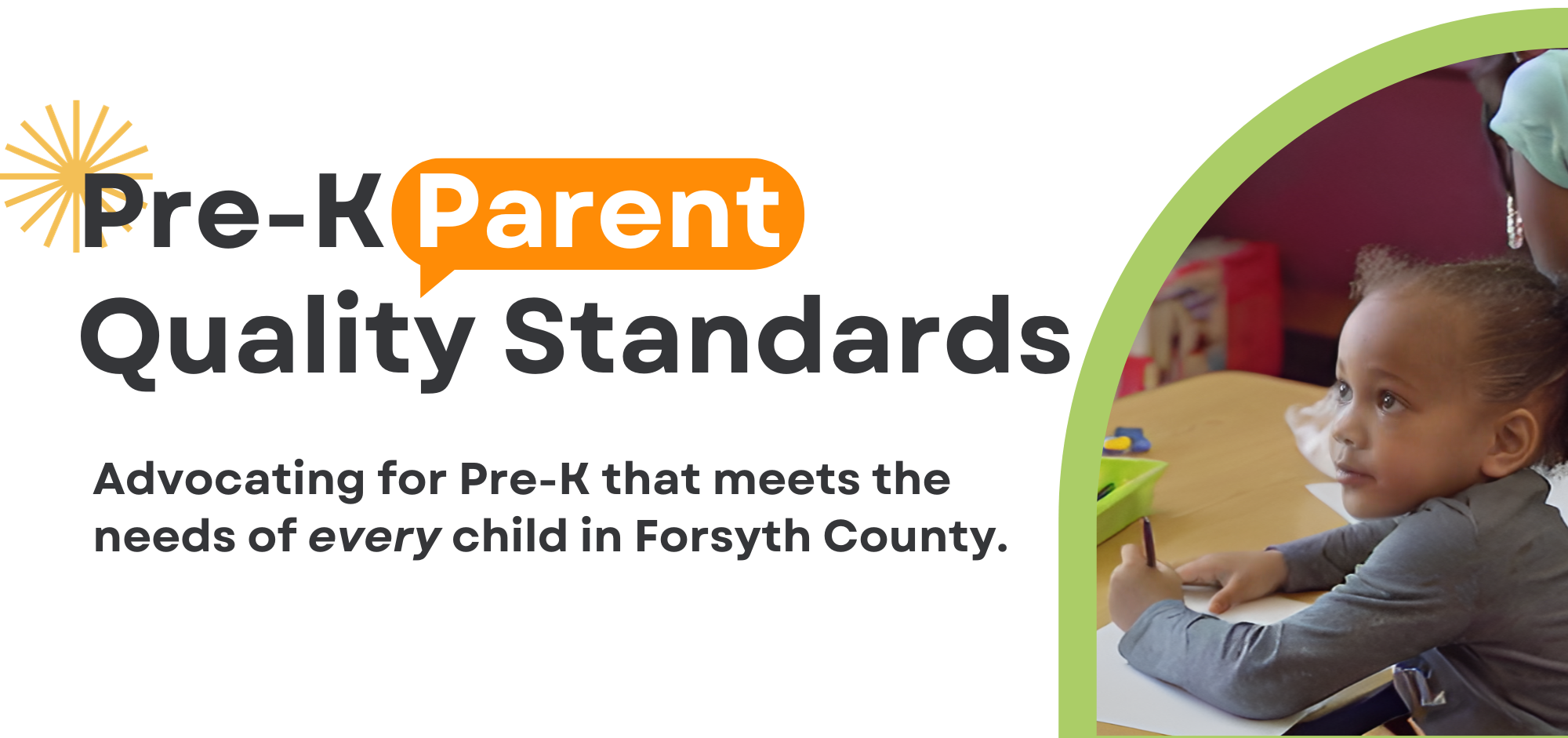
HOW CAN RESEARCH MAKE OUR COMMUNITY BETTER FOR EVERYONE?
Each year, in Forsyth County and Winston-Salem, North Carolina, our community invests millions of dollars into local research efforts. This research studies everything from the housing crisis, to education, to transportation, food access, and beyond.
BUT this research often misses the most important piece — starting with people in community — to understand our lives, our experiences, and invite us to be co-leaders in how to design the research and best use these resources to improve our lives.
The Peoples’ Research Council (PRC) is a new community-led initiative to put people in charge of local research.
We are building an accepting and inclusive space that respects and affirms all people — all races, ethnicities, ages, genders, sexual orientations, ability or disability, religious affiliation or non-affiliation — all are welcome and valued!
OUR GUIDING VALUES
Community Leadership
The Peoples’ Research Council (PRC) is working to shift how research is approached in our community. We are committed to increasing transparency and accountability in research processes by expanding who has influence and decision-making authority to those who have traditionally been shut out of local research. By actively involving and elevating community members—especially those from marginalized backgrounds—our intention is to shift research from serving institutional interests to benefit the community itself.
Focus on Direct Impact
Traditionally, research priorities have primarily served institutional needs without considering the community’s input. This approach has resulted in research outcomes that, while meeting institutional needs, haven’t brought noticeable change for those marginalized by power structures and experiencing the effects of oppressive systems. The PRC’s strategy is to change this dynamic. We emphasize community leadership and oversight to ensure research aligns with actions and strategies that benefit the community directly. Our aim is for research to address and meet the material needs of community members, leading to tangible and beneficial outcomes.
Respect, Openness, Honesty
This value underscores the Council’s approach to interaction and dialogue. We prioritize clear communication, mutual respect, and active listening. Every voice within the Council is valued, and we commit to being open, honest, and transparent in all dealings, fostering a foundation of trust with all stakeholders. Deliberative Dialogue and similar frameworks help reinforce and create safe spaces for this value in practice.
Cultural Responsiveness
The Council recognizes the importance and value of all cultures and understands that cultural awareness in research is fundamental in respecting the diverse cultural practices, wisdom, and ways of being that are present in our community. The Council further recognizes that many traditional western research methods can be discriminatory, reductive, and biased. Using the lens of Cultural Variability Theory, we understand that each culture shapes its own norms and definitions of well-being. Our approach aims to be respectful, inclusive, and adaptable to these varied cultural contexts.
Building Community Capacity
The Council aims to empower community members to eventually lead their own research with a level of autonomy from institutions. We prioritize skill-based training opportunities in research, community organizing, engagement, facilitation, consensus-building, communications, and content production. By offering hands-on skill development we help build collective ‘civic muscle’ and work toward a level of community autonomy in addressing its own research needs.
Harm Reduction
This value underscores the Council’s dedication not only to prioritize research projects that aim to minimize or eliminate harm but also to critically advise on proposed studies. This involves actively identifying potential harm within research proposals and facilitating dialogue among community members and researchers to approach these concerns in ways that mitigate or avoid harm. Engagement with and co-leadership from marginalized community members are pivotal in this process, ensuring the well-being and safeguarding of all individuals and the broader community.
Diversity, Equity, Inclusion
The Council is informed by an intersectional perspective on diversity, equity, and inclusion — understanding that no person or group is a monolith and that a diversity of experiences and identities can exist within any individual or group. The Council celebrates and values the diverse identities and experiences of our community overall as a strength and a gift that, if honored, can lend tremendous wisdom and value in our work to serve the community. Further, the PRC seeks to create equitable spaces and structures that are explicitly inclusive of the full spectrum of diversity that exists in our community — without exception — especially those perspectives traditionally at the margins of power structures, informed by direct experience with the oppressive systems we wish to transform.
Transparency & Accountability
The Council is dedicated to being open and accountable in all its activities. We focus on straightforward communication and transparent processes to ensure the integrity of our actions and decisions. Effective communication is essential for building and maintaining public trust. The community, whom we serve, deserves to be accurately informed to effectively oversee and hold the Council accountable. We prioritize timely and consistent information sharing to keep the public well-informed.
Sustainability
The PRC is committed to sustainable research that prioritizes lasting benefits for our community. We focus on fair resource distribution, reducing research-related harm, and fostering continuous community involvement, beyond just the lifespan of individual projects.
We are building an accepting and inclusive space that respects and affirms all people — all races, ethnicities, ages, genders, sexual orientations, ability or disability, religious affiliation or non-affiliation — all are welcome and valued!
CURRENT PROJECTS
The We Heal Together Initiative
We Heal Together is a collaborative initiative, involving Action4Equity, Crossnore’s Center for Trauma Resilient Communities, and Forsyth Futures, that is funded by a $4M grant from the federal Substance Abuse and Mental Health Services Administration (SAMHSA) Resiliency in Communities After Stress and Trauma (ReCAST) program. The purpose of the grant is to address collective trauma, community violence, and civil unrest in a specific area (see the map below) of East Winston-Salem over four years. The initiative aims to support youth aged 12-17 and their families through trauma-informed trainings, intensive mentorship and advocacy support, and community-directed research activities.
By Mothers
The By Mothers project addresses infant and maternal health disparities within Forsyth County by focusing on the experiences of Black mothers. This initiative engages Black mothers from the community as trained active researchers, guided by our Parent Researcher Team, composed of Black mothers with firsthand experience of pregnancy, postpartum, and early childhood challenges. Through a community-based data collection approach, including surveys and focus group discussions, we gather insights into the lived experiences, needs, and concerns of expecting and postpartum Black mothers. The Annual Mothers’ Tea event celebrates Black motherhood and shares our research findings, fostering community and acknowledging their strength. By amplifying Black voices and empowering Black mothers as researchers, we aim to identify systemic barriers and advocate for policy and practice changes to improve maternal and infant health outcomes in Forsyth County. This project is a partnership among Action4Equity and Atrium Health.
Pre-K Parent Quality Standards
In 2021, a community-based research project in Forsyth County trained four Black parents in Community-Based Participatory Research to address the needs of Black and Brown children in Universal Pre-K programs. The research highlighted the importance of culturally affirming environments and integrating Black Genius elements into Pre-K, while identifying systemic barriers. Methods included focus groups, interviews with Black and Latino parents, and surveys. The resulting report provided recommendations for desired standards, aiming to influence policies and improve educational experiences. Forsyth Family Power and Forsyth Futures collaborated to center the experiences of Black and Brown families, engage stakeholders, and ensure accountability to the parents’ recommendations. A Project Board of Black and Brown Pre-K parents guides the ongoing efforts to help implement these standards, engage the community, and distribute the report to key individuals.
UPCOMING EVENTS
October 2024 |
||||||
|---|---|---|---|---|---|---|
| Mon | Tue | Wed | Thu | Fri | Sat | Sun |
|
1
|
2
|
3
|
4
|
5
|
6
|
|
|
7
|
8
|
9
|
10
|
11
|
12
|
13
|
|
14
|
15
|
16
|
17
|
18
|
19
|
20
|
|
21
|
22
|
23
|
24
|
25
|
26
|
27
|
|
28
|
29
|
30
|
31
|
|||



